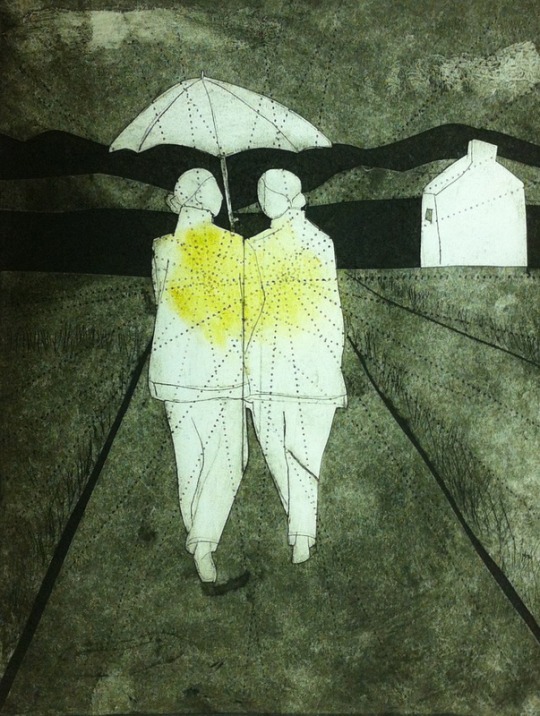It is not hard to figure out when you are satisfied. Feeling satiated and content is an unmistakable experience; you just simply ‘are.’ And it feels good. And because of that we seek after satisfying feelings throughout much of our daily life. Being satisfied physically is different than feeling satisfied on an energetic level.
Sometimes we seek after satisfaction in a way that produces misguided results. Often, because it feels good to be told we look thin or that we are special or that someone thinks we are smart, we seek after that type of validation. We waste so much time worrying about what others think about us, what they say about how we look and what they think about how we act. When we seek after validation we set ourselves up for an illusion of misrepresented values. The person who seeks validation from others is the person who has lost sight of the bigger picture.
The truth is, only you can validate you. Rather than seeking after the validation of others, be the person who validates. Instead of searching for feedback and opinions that signal to you that you are ‘good enough,’ be the agent for others to see something great within themselves. This shift in perspective allows for you to be a motivating factor in getting more out of your interactions with others.
Applaud those things that validate your existence instead of your appearance. Validate the effort it takes to get to a state of peace. Validate the results by giving importance to how you got there and why you took the journey in the first place. The best way to validate others is to hold the present moment sacred and let go of the outcome.

